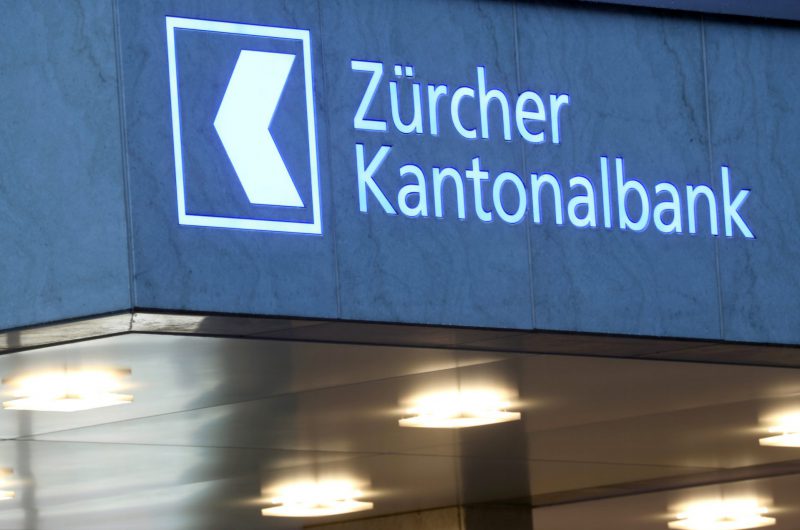The fourth largest bank in Switzerland, Zurich Cantonal Bank, has officially launched both Bitcoin and Ethereum trading. Indeed, the institution from the Central European nation has officially announced the capability for users to trade cryptos along with traditional securities.
The bank has announced its users are able to “buy and sell Bitcoin and Ethereum,” while also storing “security-relevant access data.” The bank currently holds assets of more than CHF 150 billion. Moreover, Zurich Cantonal announced cryptocurrency integration into its mobile banking offerings.
Also Read: Record ETF Inflows: Bitcoin & Ethereum ETFs Leading the Charge
Switzerland’s 4th Largest Bank Launches BTC & ETH Trading

2024 has been a massive year for crypto. Specifically, it’s been vital for the top two tokens by market cap. Both Bitcoin and Ethereum have become the first offerings to get a crypto-based ETF in the United States. Moreover, a host of traditional finance platforms are beginning to embrace the currency of the future.
Among them is Switzerland’s fourth largest bank, Zurich Cantonal, which now offers Bitcoin and Ethereum trading to its customers. The institution announced groundbreaking integration to its ZKB mobile banking app. This allows users who control their funds primarily digitally will have an ease of entry into the digital asset market.
The bank notes that it handles all the management of holdings of user cryptos. This does away with the need for a specified cryptocurrency wallet. Additionally, the bank withholds security data to protect users. Although more centralized, it provides another key point of entry for customers who are new to the asset class.


Also Read: Bitcoin: Will BTC Rally Ahead of the 2024 US Election?
However, there are some restrictions and requirements for Zurich Cantonal customers who want to trade BTC and ETH. Only Domizil Switzerland-based customers can trade the assets. They must also sign both a trading and security agreement, as well as a “Consent Declaration Disclosure.”
Moreover, all purchases of cryptos through the bank take place in US dollars. Users are able to buy in Swiss Francs but will be subject to a currency conversation at the time of transactions. Conversely, the setup can provide a new audience with the tools to increase their exposure, and overall adoption, of crypto tokens.





